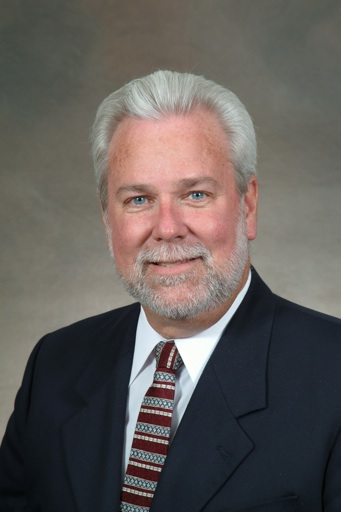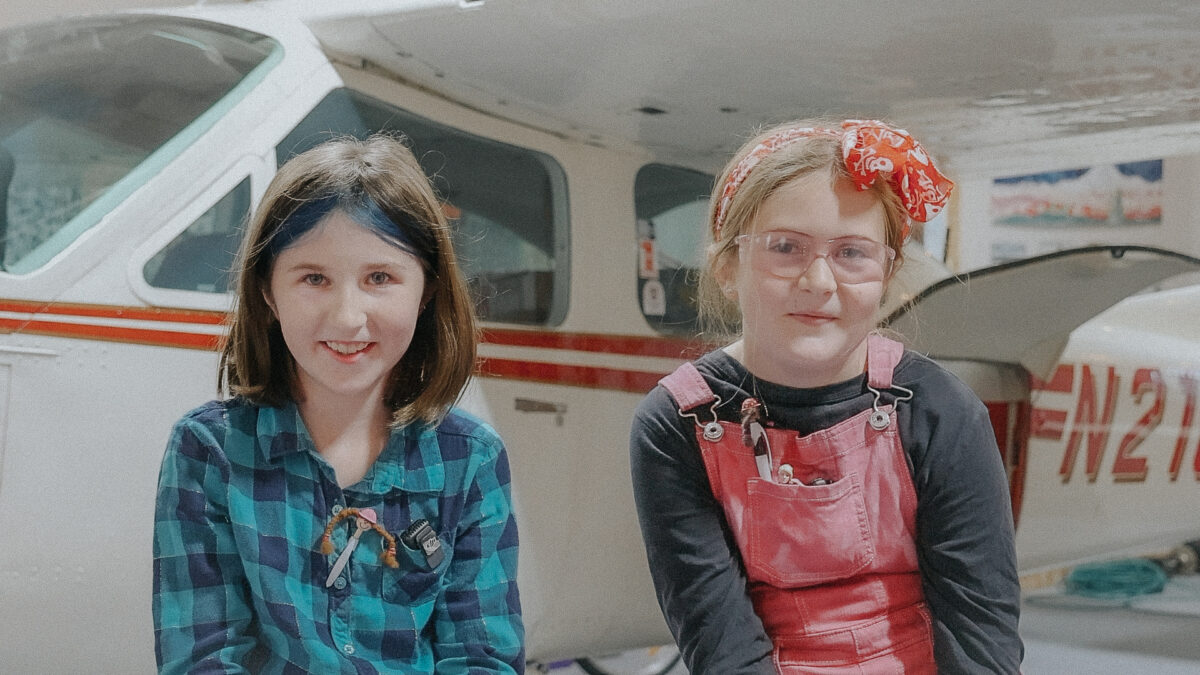
After 19 years as superintendent of Western Maricopa Education Center (West-MEC), Greg Donovan is retiring at the end of the school year. In our Q&A, Greg shares his insights from his days as a high school student in Phoenix to leading more than 37,000 students from 48 high schools. This month Donovan received the 2022 Phoenix Business Journal’s Lifetime Achievement Award.
Where did you go to high school and did you have a chance to take CTE classes?
I’m a Phoenix, Arizona native and went to Washington High School where I took all the woodworking and all the auto mechanics classes that I could. In my junior year I wanted to sign-up at the local vocational school to learn carpentry because I wanted to learn how to build houses, and bluntly, my counselor denied me that opportunity and said that I needed to go to college and “make something of myself.” Anyway, my parents weren’t going to buck the system and I always wondered if I would be a multi-millionaire homebuilder if that counselor had allowed me to go off and learn the skills necessary.
What inspired you to pursue education leadership?
I felt that voc-ed, now Career Tech, was extremely misunderstood and I was still seeing the same things happening that happened to me. Students were being dissuaded, being told no. Like all things in life if you want to change something you’ve got to get in and work towards the change. So, I ran for a local school board. I looked for positions of leadership where I could have influence and make sure I introduced the conversation – why are we not talking about career preparation? Why are we not allowing people to do what they love because we have some twisted sense of what everyone is supposed to be doing?
You’ve said, “Career and Technical Education is one of the best values in education.” What do you mean by this?
The way our high school system is set-up in the United States, it is possible for every person to leave high school with a salable, employable skill. Why are we not doing that? The question shouldn’t be “where do you want to go to college,” the question should be “what career do you want to pursue,” and then you create your plan. As we all know, many people that come through the CTE pipeline do even better than some people who go straight off and get a baccalaureate degree over their lifetime earnings. I know this is cliché, but you have to love what you do. There is not a high school diploma in this country – I don’t care what high school you go to – it could be the most advanced academic high school or a struggling high school – that would give you the skills to be employed if you just get a general high school diploma. We’ve got to change this perspective because we can.
If you could do something differently in your career based on what you know now, what would it be?
I don’t think that I would say that there was one thing particularly because you grow the organization as opportunities and challenges come. I think perhaps I would work harder to establish deep relationships with business and industry and try to get a little more of what I call institutionalized partnerships with some of our bigger businesses. Sustaining these industry partnerships and relationships are critical because industry leadership often changes, and you don’t want to completely start over. It’s so personal and driven by that person in that industry leadership position. We need to continue to work with industry to help them understand that education is a commitment and not a passing fancy.
If you had a magic wand and could make one change to improve skilled trades education in the United States over the next 10 years, what would you do and why?
The first thing that comes to my mind is to change the drumbeat that has been happening for 75 years that the only road to success in going to college. As communities, states, and a country, we truly must change the rhetoric to consistently talk about careers and the pathways needed to change policy and practice. We need to change the public dialogue about what it means to prepare for a career.

